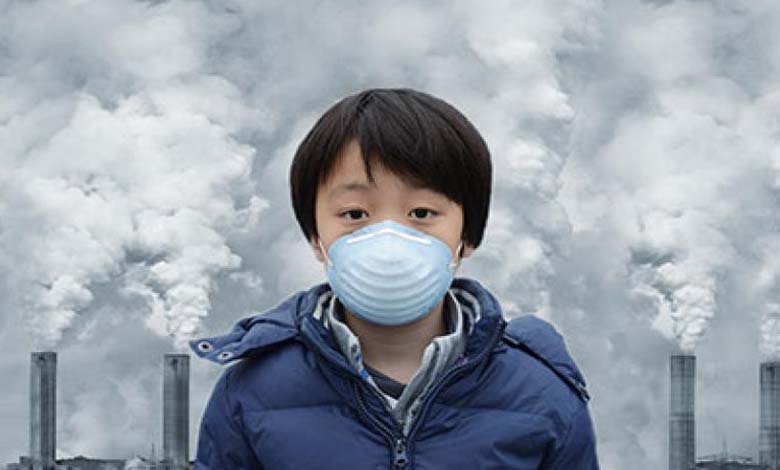Environmental Concern… Can Climate Change Make You Depressed?
Climate change is increasingly affecting mental health

While recent studies have indicated rising rates of environmental anxiety among various population groups, a report in 2023 by the American Psychological Association and ECOAmerica precisely analyzes the complex relationship where climate change intersects with the mental health of children and youth. It highlights a range of potential effects and responses.
Environmental Anxiety
It seems that young people are increasingly experiencing distress due to climate change, which can lead to environmental anxiety. Thus, the term ‘environmental anxiety‘ has become more common, but what does it actually mean? Is it logical to diagnose people with this condition? ‘Everyone is concerned about climate change. Those who don’t feel concerned are in denial.’
It appears that extreme heat, humidity, and other climate-related events can exacerbate mental health issues and may lead to depression in some cases.
Climate Depression
Climate depression, a term coined in the media. lacks scientific basis as existing surveys do not distinguish between climate anxiety and climate depression.
Research suggests a connection between these climate-related phenomena and detrimental mental health outcomes such as depression and anxiety. With worsening climate change, temperatures and humidity will continue to rise. and natural disasters like severe floods will increasingly impact our collective mental health worldwide.
Researchers measured climate-related variables at 43 weather stations to monitor seasonal temperature and humidity changes over two months. The results showed that ‘people who experienced a one-degree Celsius increase in temperature over the previous two months had a 21% higher likelihood of suffering from anxiety disorders and a 24% higher likelihood of suffering from depression. and anxiety disorders simultaneously.’ Similarly, an increase of 1 gram of moisture per cubic meter of air was found to increase the likelihood of anxiety .and depression by 6%.
According to health experts, exposure to worsening climate-related floods is associated with increased risks for all conditions: depression by 31%. anxiety by 69%, and both conditions together by 87%.
Currently, psychologists are discussing whether ‘climate depression’ should become an official diagnosis, which might empower people to recognize the feelings they are experiencing. It is believed that regular depression is primarily about being stuck in the mind. whereas climate depression is more about the environment around you.
The environment in which we live and work is part of the broader context of our lives, which is vital to consider when addressing any mental health issues. If you’re not sure how or whether your environment affects your mental health, we’ll quickly outline some examples:
-
Climate Change and Its Impact on Agriculture
- Physical Factors: Physical environmental factors are ‘hard’ factors that come from things like noise, temperature, pollutants, and so on. They are often associated with social factors, but they can occur independently.
- Environmental Pollution: Growing up around ‘polluted air quadruples a child’s chances of experiencing depression later in life. This might be related to other environmental factors (polluted areas often combine more than just air pollution), but the risk is still noteworthy.
- Extreme Weather: Bad or harsh weather can be exhausting and can take a toll on you. If you’re constantly feeling cold, sweltering heat, battling snow. or struggling on ice, your mental health can be affected. This is particularly the case when severe weather puts your life, family, loved ones, or property at risk.
- Lack of Access to Green Spaces: Access to beautiful green or natural spaces has a significant positive impact on mental health. So, being trapped in concrete jungles means missing out on the mental benefits of fresh air. greenery, and more.
-
The Hottest Eight Years on Record: The Impact of Climate Change
Breaking the Loop
The environmental factors that affect your mental health may be linked to other factors. For example, depression can lead to unemployment, which in turn can lead to poverty, malnutrition, and all the environmental issues associated with it. Similarly, mental health conditions like hoarding can lead to environmental problems. Often, these factors and more interlink in a loop.
Furthermore, public health experts suggest several recommendations on how to alleviate climate-related mental health distress. They stress that physical and mental preparedness is crucial to surviving harsh weather conditions. Trained volunteers should carefully handle individuals experiencing distress during floods or hurricanes.












